Tech Juice 2506: How will Gene Editing Technology Impact Industry?
Motivation: Bio-Industry may be revolutionized by Gene Editing Technologies and render those not on the bandwagon well behind. How big is it? Do we need to take it seriously?
Introduction
Gene-editing technologies are poised to significantly impact Industry 4.0 by driving innovation, improving efficiency, and creating new market opportunities across various sectors.
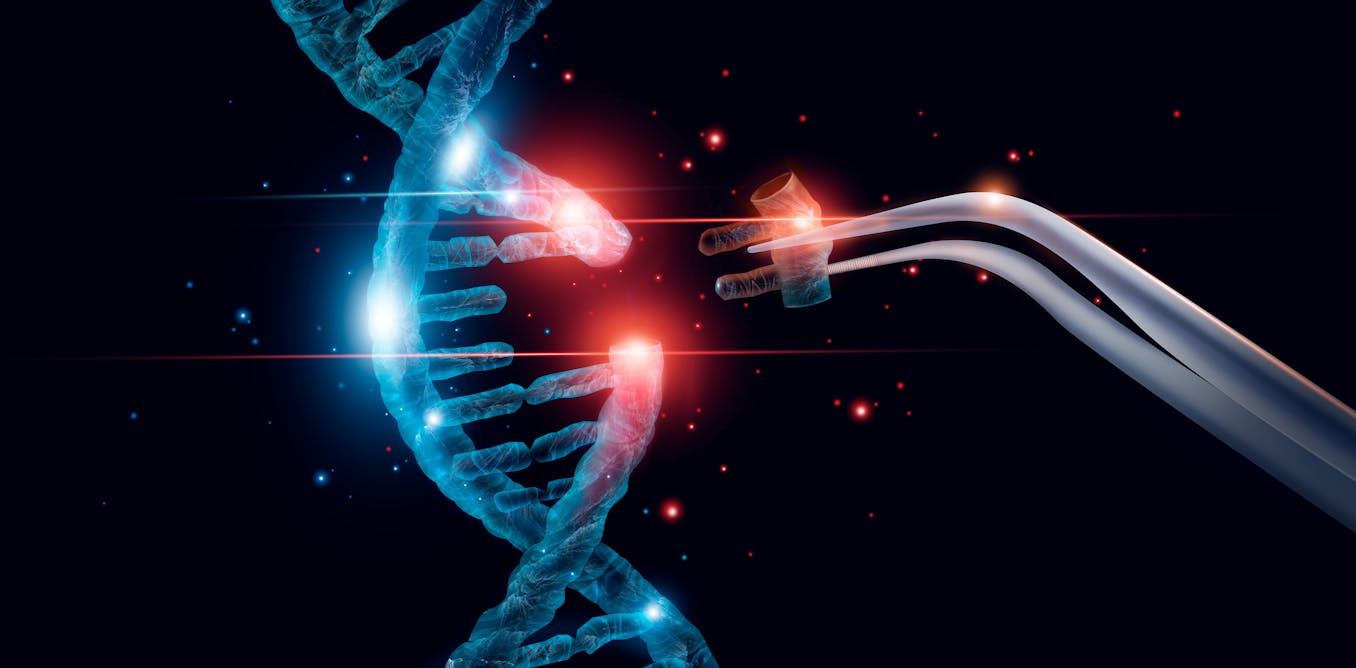
An example is the technology called CRISPR-Cas9 with the long expansion "Clustered Regularly Inter spaced Short Palindromic Repeats." This groundbreaking gene-editing technology allows scientists to make precise modifications to the DNA of living organisms. It is derived from a natural defence system found in bacteria and archaea, which use it to protect themselves from viruses. Archaea are a group of single-celled microorganisms that are distinct from bacteria and eukaryotes. They lack a nucleus and possess a unique cell membrane, which allows them to exist in inhospitable environments.

This natural defense system stores fragments of viral DNA from past infections, acting as a genetic memory of the invaders. This is then used to neutralize viruses upon re-infection. An enzyme acts as molecular scissors, capable of cutting the DNA at a specific location and a custom-designed RNA molecule that points to the exact location in the DNA that needs to be edited. A replica of this process where Target Identification, DNA binding, DNA cutting, repair and editing is the CRISPR-Cas9 process.
Impact on Industry 4.0
The possible ways in which this technology will impact Industry 4.0 are enumerated below:
1. Bio-manufacturing and Synthetic Biology
- Customized Production: Gene-editing can enable the design of microorganisms for producing high-value chemicals, biofuels, and pharmaceuticals, optimizing yields and reducing waste.
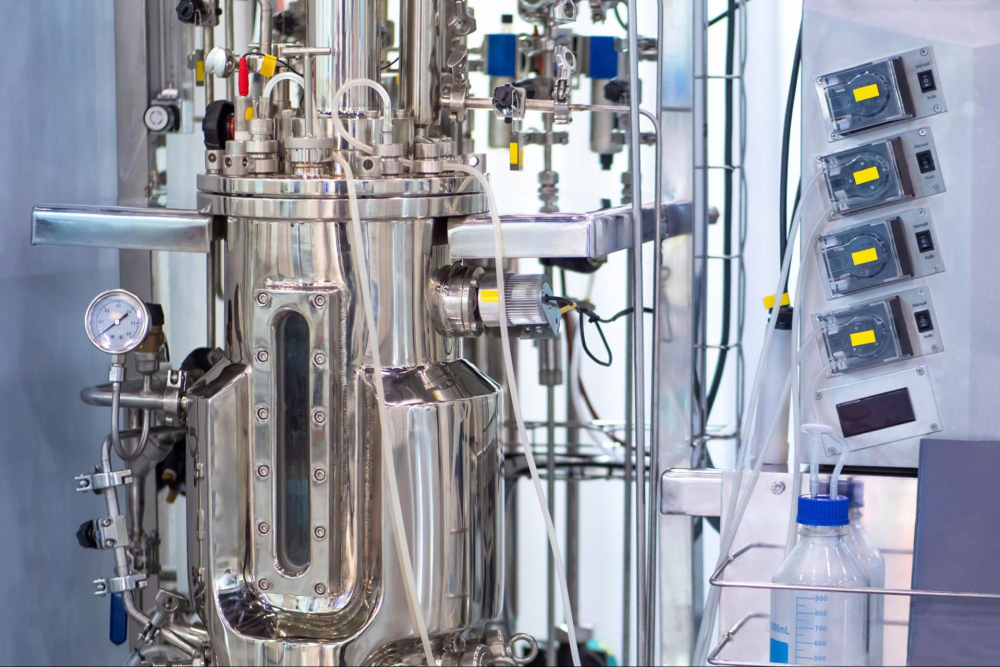
- Sustainable Processes: Tailored microbes can replace traditional chemical processes, leading to greener, more sustainable manufacturing practices.
2. Agriculture and Food Industry
- Precision Agriculture: Edited crops can exhibit traits such as higher yield, drought resistance, pest resistance, and enhanced nutritional profiles, addressing global food security challenges.

- Food Innovation: Gene-edited organisms can be used to create alternative proteins (e.g., lab-grown meat) and sustainable food products that align with Industry 4.0's focus on innovation.
3. Healthcare and Pharmaceuticals
- Personalized Medicine: Gene-editing technologies can be integrated into personalized healthcare solutions, allowing for custom treatments and bio-pharmaceuticals tailored to individual genetic profiles.
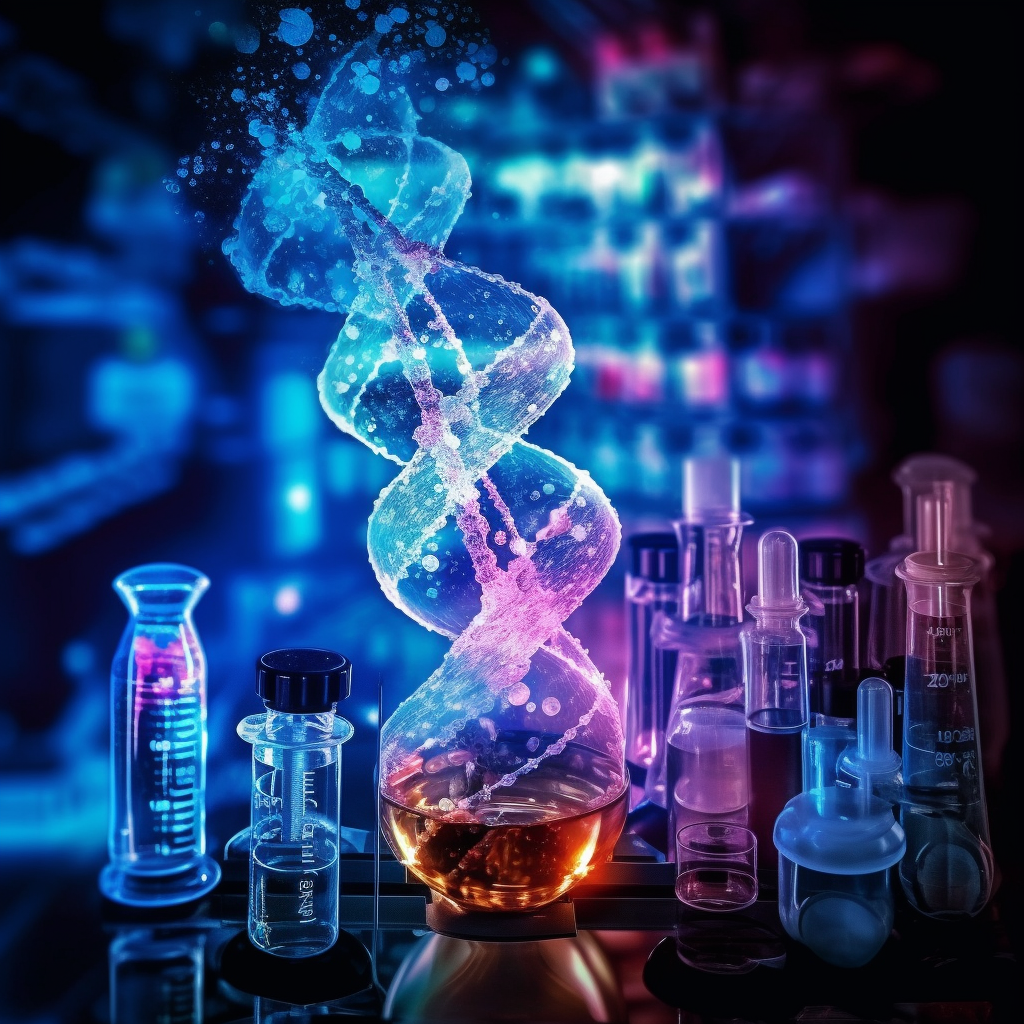
- Faster Drug Development: High-throughput gene-editing techniques can streamline the discovery and development of drugs by enabling rapid functional genomics studies.
4. Automation and Integration
- AI and Big Data in Genomics: The fusion of gene-editing with AI and big data analytics can accelerate genomic research, enabling better predictions of gene functions and interactions, as well as improving efficiency in biotech workflows.
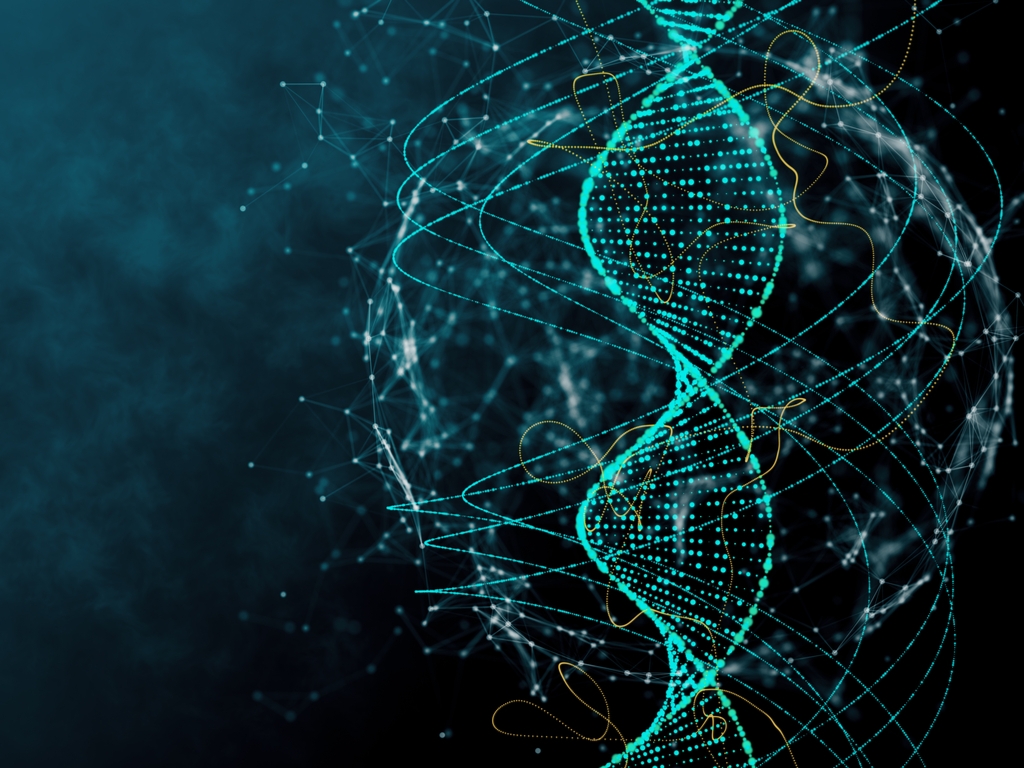
- Smart Factories: Bio-foundries—automated facilities for bio-engineering—can integrate gene-editing technologies to rapidly design, test, and scale synthetic biology applications.
5. Environmental Sustainability
- Pollution Control: Gene-edited microbes can be engineered to degrade pollutants, recycle waste materials, or even capture carbon dioxide, contributing to circular economy initiatives.

- Biodiversity Conservation: Gene-editing can support conservation efforts by creating disease-resistant species or reviving endangered populations.
6. Regulatory and Ethical Considerations
- The integration of gene editing into Industry 4.0 will require robust ethical frameworks and regulatory oversight to manage risks, such as biosecurity concerns or unintended consequences of genetic modifications.
Summary
Gene-editing technologies enhance Industry 4.0 by unlocking unprecedented possibilities in biotechnology and intersecting fields. By combining these technologies with AI, IoT, and automation, industries can achieve higher productivity, sustainability, and innovation, shaping a future of smarter, bio-integrated solutions. However, realizing this potential will depend on responsible development and widespread societal acceptance.
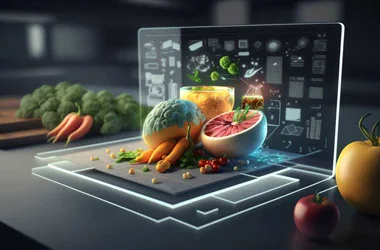

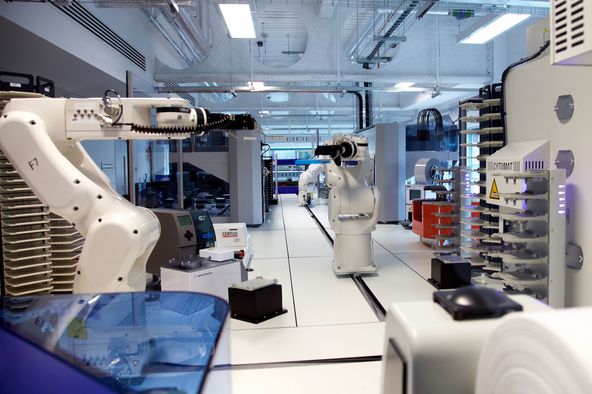

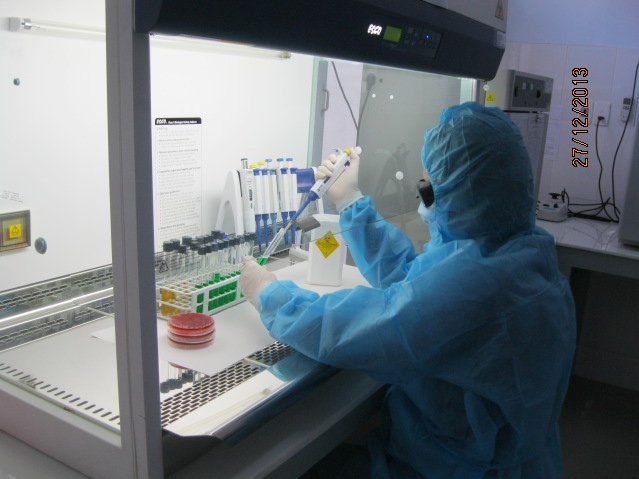


Comments
Post a Comment